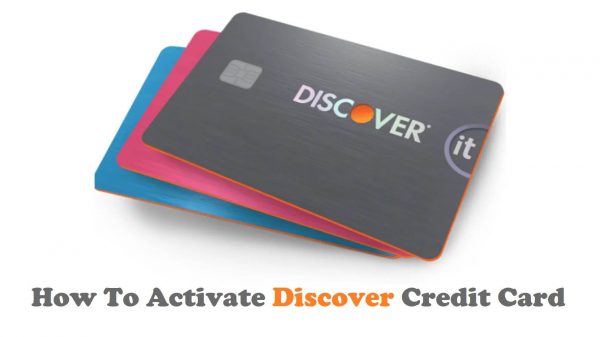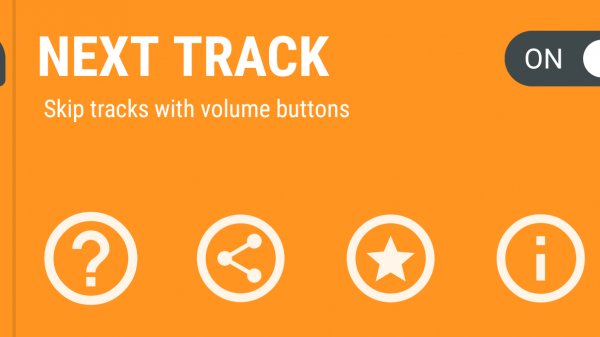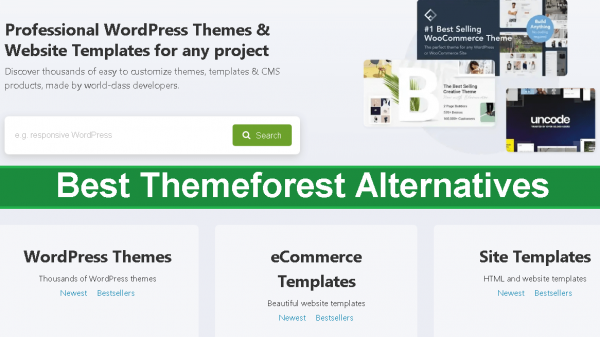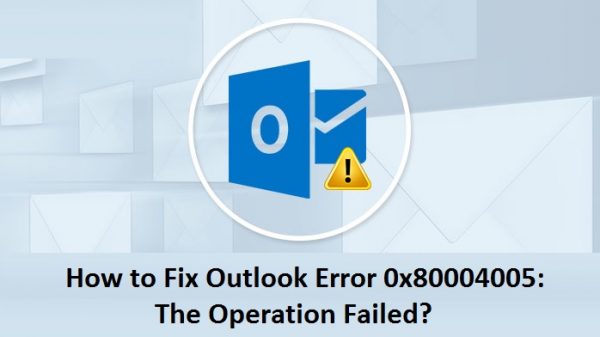Almost everyone now uses Shopify for online shopping. It is one of the most widely used e-commerce platforms, supporting over a million enterprises across more than 175 nations. However, just because something is popular sometimes implies it’s the most excellent option for you. Since you’re looking for Shopify alternatives, you’re presumably already aware of this.
Whether you’re a Shopify user seeking alternatives or just starting to look into what ecommerce platforms are available, we can help. The best alternatives and the benefits and drawbacks of each e-commerce solution will be discussed. We’ll also learn why some business owners have shifted from Shopify to BigCommerce.
What is Shopify?
Shopify is a software-as-a-service (SaaS) used to host online storefronts. Simply put, it’s a hosted eCommerce platform that enables you to build an online store from scratch for those with little to no coding knowledge. With it, you can:
- Create a website
- Easily handle your orders and products
- Make payments.
- Estimate freight costs
The most significant benefit of using a SaaS eCommerce platform is that you don’t have to worry about maintaining the software, allowing you to concentrate all your attention on growing your business.
Why are you Finding Shopify alternatives?
After reviewing the basic information, let’s look at a few Shopify drawbacks that can tempt us to seek an alternative.
- Pricing: No matter your choice, you must pay additional transaction fees if you use another payment processor instead of Shopify Payments. It’s crucial to note that only some countries can access the Shopify Payments system. Finally, most of Shopify’s app store apps will cost extra, bringing us to the next idea.
- Dissatisfaction: You don’t like Shopify Help Center’s design, Customer service needs to meet your expectations, or you’ve heard about someone else’s bad experience and worry that it might happen to you. There are other options available, regardless of the reason.
- SEO strategies: A WordPress plugin that employs iFrames and inflexible URL structures falls short of providing the most excellent potential ranking performance, especially for large sites where Information Architecture is crucial. Additionally, you cannot modify the checkout page. But a Shopify site can still rank #1.
Consider These Features for Your Next E-commerce Platform
No matter what challenges Shopify encounters, you should ensure your next platform addresses them directly without adding more. And while each online organization is unique, consider the following aspects.
- Multiple ways to pay: Each consumer has a preferred method of payment. While one person could like to use PayPal, another would prefer to use their Visa. As a result, when evaluating new platforms, be sure you have a wide range of payment processor possibilities.Keep yourself from future international expansion just because you aren’t now selling internationally. Consider websites that offer payment gateways capable of handling and settling in several currencies.
- Options for customization: You want to let your customers know your company is unique to you. Additionally, how you run your company undoubtedly differs from how someone else does. Because of this, customization in web design is crucial. When selecting an e-commerce platform, make sure you can swiftly make changes that fit your business strategy and target customers. If you are a programmer, make creating novel functionality your top priority.
- A library that can expand with you: As a business owner, you must plan for expansion. Think about the many technology platforms you will require. Next, check if those technologies are compatible with your e-commerce platform. Then, Shopify might be a perfect fit for you. Don’t let where you are right now dictate where you will be in the future.
The Top 15 Shopify Alternatives
It’s time to assess Shopify’s alternatives after you understand the capabilities you want in your next e-commerce platform.
1: WooCommerce
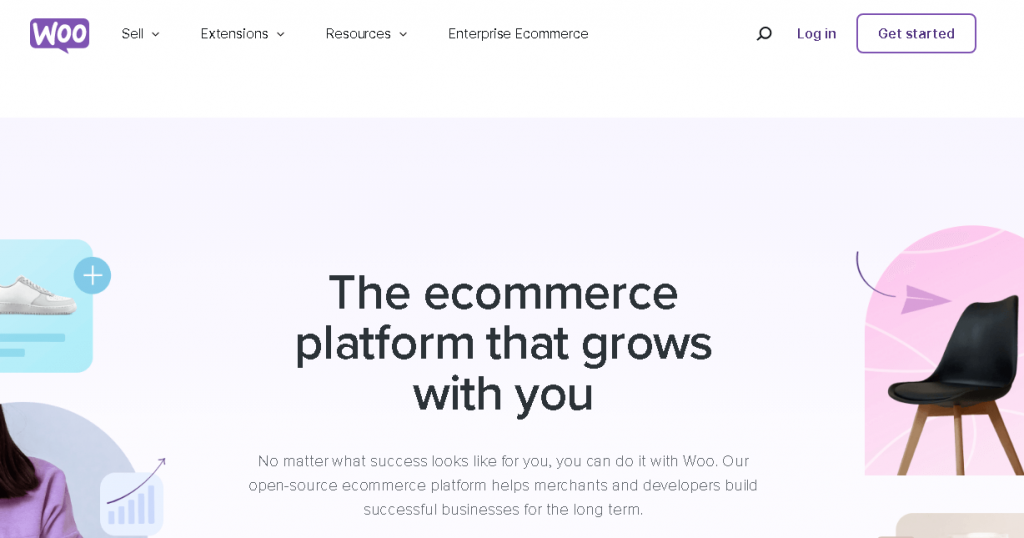
WooCommerce is one of the top Shopify alternatives for many business owners. It is open-source, free to use, and—best of all—rated highly for measuring visitor satisfaction. Some users say that it is in many ways superior to Shopify.
Pros
- With no transaction costs
- WordPress connection made simple
- Several features that provide the highest level of creativity
- It is straightforward to set up
- the ability to sell any number of products on your website
Cons:
- No host is provided
- You’ll require technical expertise.
- It can be a little awkward.
Pricing: Besides hosting for $3.99 per month, they give our readers almost 73% off their Startup plan, a free SSL certificate, security & performance tools, and hosting.
2: Prestashop

Prestashop is a popular Shopify alternative for e-commerce business owners on a tight budget. Although technically free, you must purchase a hosting package and a domain name. There are up to 25 supported languages and numerous currencies, with no additional transaction cost.
Pros
- Both open source and free.
- 100% of content ownership and management
- Extensible with more than 5,000 modules and themes
- No restrictions on the number of items, sales, or traffic.
Cons
- Require personal hosting.
- It can be difficult for a novice to set up
- Not compatible with current CMSs
Pricing: Prestashop is free. You will be responsible for your hosting, themes, and extensions, which can cost anywhere from $30 to more than $550. Processing of payments: solutions from third parties starting at 2.9% and $0.3 per transaction
3: BigCommerce

BigCommerce is a fantastic option if you desire a straightforward, no-frills experience and the adaptability of using a drag-and-drop editor to create your website. The platform has many beautiful themes, but only seven are free in all niches. The premium ones will cost you money, which makes it better than Shopify in terms of personalization.
Pros:
- More than 55 secure payment channels are available with no transaction fees.
- Many free apps and features are available,
- Fully editable URLs and SEO capabilities
- Suitable for many business models
Cons:
- If you are a new user, pricing may seem complicated.
- It is a little challenging to install
- Five free themes only
- Inconsistent speeds User Interface:
Pricing: The starting package costs $29.95 per month for restricted features and up to $50,000 in annual income. Plus, which costs $79.95 monthly, has marketing capabilities like automated cart recovery.
4: Shift4Shop

For proprietors of online stores, it’s a reliable hosted platform. One of the best Shopify alternatives is Shift4Shop for several reasons. Additional features include Facebook syncing, very flexible functionality, and a top-notch web design service that offers SSL certificates at relatively affordable prices.
Pros
- Zero coding
- Three premium plans and a free plan
- With no transaction costs
- Thirty-plus payment gateways
- Integrated marketing tools
Cons
- The user interface could be more straightforward.
- Free templates could be more attractive.
- Inadequate client service
- Income restrictions for paid plans
Pricing: Four different plans are offered, ranging from an end-to-end free plan if you use the Ship4 payment gateway to $299 monthly.
5: Volusion

One of the more well-known Shopify alternatives is Volusion. More than 200,000 organizations use this cloud-based shopping cart, which is well-liked by startups and smaller businesses. Your clients will appreciate the simplicity of Volusion’s innovative one-click checkout option.
Pros
- It’s straightforward to use.
- Assistance with a variety of payment processors
- Excellent mobile application
- Several fantastic, cost-free themes
- Instantaneous shipping and tax rate computation
Cons
- It does not integrate with Pinterest and PLAs
- A monthly bandwidth cap is in place.
- The product search feature needs to be improved.
- Few apps in comparison to Shopify
Pricing: The personal plan with Volusion starts at $29 per month with up to 100 products and $50,000 in annual sales. It would help to upgrade to the $79/month professional plan.
6: Sellfy

Another Shopify alternative is Sellfy, which is ideal for folks who need to become more familiar with the technical details of creating a business website. With Sellfy, you can open a store for free but only add ten things to it. You must get their paid version if you want more.
Pros:
- Provides a refund
- Does not limit what you can sell in your store
- It lets you experiment with the code and customize the store’s appearance.
- Provides possibilities for marketing automation
Cons:
- The free version has restrictions and prevents modifying the code.
- Merchants are required to cover the cost of payment processing.
- Ten products can only be listed at a time in the free version.
Pricing: A minimum number of features are covered under the beginning package, costing $19 per month. It would help if you had the business plan to use email marketing functionality, which costs $39 a month.
7: Ecwid

Ecwid is next on our list of the top Shopify alternatives. You can utilize Ecwid’s shop-building plugin with any existing website. It has no additional transaction costs, making it among the most cost-effective e-commerce platforms available.
Pros
- Simple to use and navigate
- Zero transaction fees
- If you already have a website, this is a fantastic alternative.
- Synchronizes with online stores like Amazon and permits social media selling
- Utilizing the Ecwid mobile app to administer on a mobile device
- Ten free goods maximum
Cons
- There needs to be more design possibilities for cutting-edge retail design.
- Lack of support for third-party tools
- Although there is an app store, some utilities are pretty pricey.
Pricing: Ecwid offers a free plan with ten goods and restricted features. Its monthly price plans start at $15.
8: PinnacleCart

PinnacleCart is another option that Shopify might take into account. You can host it on your server or choose their hosted option for this all-in-one online store solution. Therefore, the platform makes it possible to buy a PinnacleCart perpetual license.
Pros
- With no transaction costs
- For your website, add tickets and live chat.
- Simple to use for beginners
Cons
- The cost is prohibitive for small firms.
- Insufficient possibilities for templates
- Limited bandwidth and disk space with the Standard plan
Pricing: Pinnacle Cart starts at $79 per month and offers a free trial for the hosted option.
9: Big Cartel

Big Cartel was created primarily for a niche market of content producers, artists, and craftspeople. It’s simple to think of the website as an Etsy direct competitor. The organization says that since its establishment in 2005, it has assisted individuals in selling more than $2.5 billion worth of services and products. It promotes a tidy and clean style.
Pros:
- Created for a specific niche
- Simple to control
- Quickly establish your store
- Offers the essential advanced ecommerce functionality required to expand the store.
Cons:
- Minimal functionality
- The costs are less affordable.
- Limits the sale of other products or services
Pricing: They provide three distinct options, ranging from the free Gold package to the $19.99 monthly Diamond subscription, which includes support for 500 items.
10: Squarespace

The term “king of design” is frequently used to describe Squarespace. They provide a collection of stunning, responsive store templates that are simple to edit. You may be sure they are of the best quality even though they offer more than 80 templates. Squarespace is the website builder to pick if you want your website to have a more upscale appearance.
Pros:
- The best choice for smaller stores
- Simple to set up
- No coding experience is necessary. Impressive themes
- The website builder is simple to use
Cons:
- Assistance is minimal.
- There are few multi-channel features.
- It takes a while for a website to load.
Pricing: You can create a fantastic online store with a slight modification. The most affordable plan is $19 per month, while the advanced package, which includes infinite features, is $49 per month.
11: Magento

Price comparisons make it simple to understand why Magento is so well-liked. The hosting, themes, and plugins must be purchased separately from the content management system, which is free. But Magento is a CMS platform that enables you to concentrate on selling your products through an open-source ecosystem, which is excellent for companies trying to grow.
Pros
- Flexibility is the most comprehensive
- There are several marketing tools.
- There is a sizable user base.
- Free offer
- Extensive stock
Cons
- To put up a store, you must have expert web development experience.
- Low on the simplicity scale
- No real-time technical assistance
- Not integrated email marketing
Pricing: Magento is open-source software that is free to use but involves many extra expenses.
12: Wix

Wix is one of the most well-liked Shopify substitutes for all-in-one website builders. It’s a web development business that gives clients the resources they need to build their own websites, blogs, or online shops. Thanks to its mobile app for online stores, you can edit and manage your business while on the road.
Pros
- More than 900 professional designs
- You can deliver member segment-specific targeted email campaigns.
- With Wix Multilingual, translate your store into more than 180 languages.
Cons
- Additional customizing options are not so great
- A few restrictions on SEO optimization
- Apps can be used for dropshipping. However, they require Business Unlimited or a higher account.
Pricing: Regular Wix plans are less expensive. The monthly plan for its e-commerce pricing starts at $23 per month. The starter plan, however, excludes customizable options.
13: OpenCart

An open-source, PHP-based substitute for Shopify is called OpenCart. From a single backend, you may manage several web stores. There are extensions that you may buy, and you’ll also require a hosting service.
Pros
- You can access the raw files as the server backs up your data.
- You can easily change your storefront and theme with some simple PHP understanding.
- The download is cost-free.
- Several options for integration and extensions
- Open-source
Cons
- Updates could occasionally be problematic.
- Specific OpenCart extensions are overpriced.
- It would help if you had at least some familiarity with coding.
Pricing: Although OpenCart can be downloaded for free, you should budget for extra costs like hosting and add-ons, depending on your needs.
14: Weebly

Another platform like Shopify is Square E-Commerce, formerly Weebly. Weebly is a fantastic option for small businesses and portfolio sites because it offers a drag-and-drop editor loaded with ready-to-use themes.
Pros
- Free plan with little functionality.
- Excellent design elements and storefront templates
- A website can be easily put up in a matter of minutes.
- Sell physical items, digital items, or services
- No cost hosting
Cons
- The free plan requires domain branding from Weebly.
- Weebly includes a built-in email newsletter feature but costs $8 a month.
- Compared to other Shopify alternatives, there are fewer extension choices.
Pricing: Square offers a free plan with a few website possibilities. The paid options on the website start at $5 per month, or Square’s price for online stores starts at $12 annually.
15: Simvoly

Simvoly is a website and funnel builder that assists online storefronts and e-commerce. It’s a terrific option for business owners and entrepreneurs who want to build an online store with various products but are accustomed to using ClickFunnels or comparable software.
Pros
- Functional funnel builder
- Robust and easy-to-use drag-and-drop store builder
- Easy-to-use interface
Cons
- Insufficient ecommerce management features
- Limited analytics and reporting for e-commerce and marketing
Pricing: The personal plan costs only $12 per month. The business package costs a reasonable $24 per month. Processing payments: Third-party services start at 2.9% and $0.3 per transaction.





